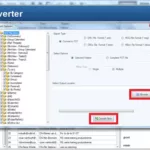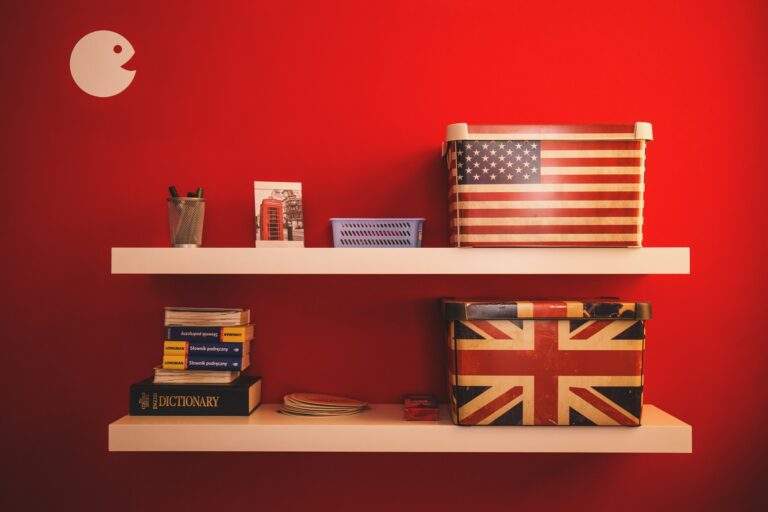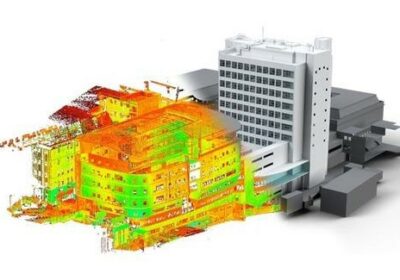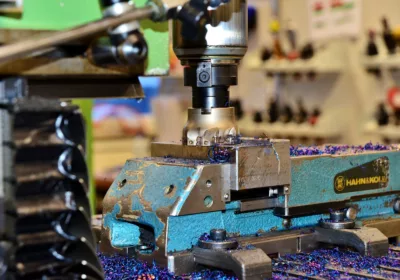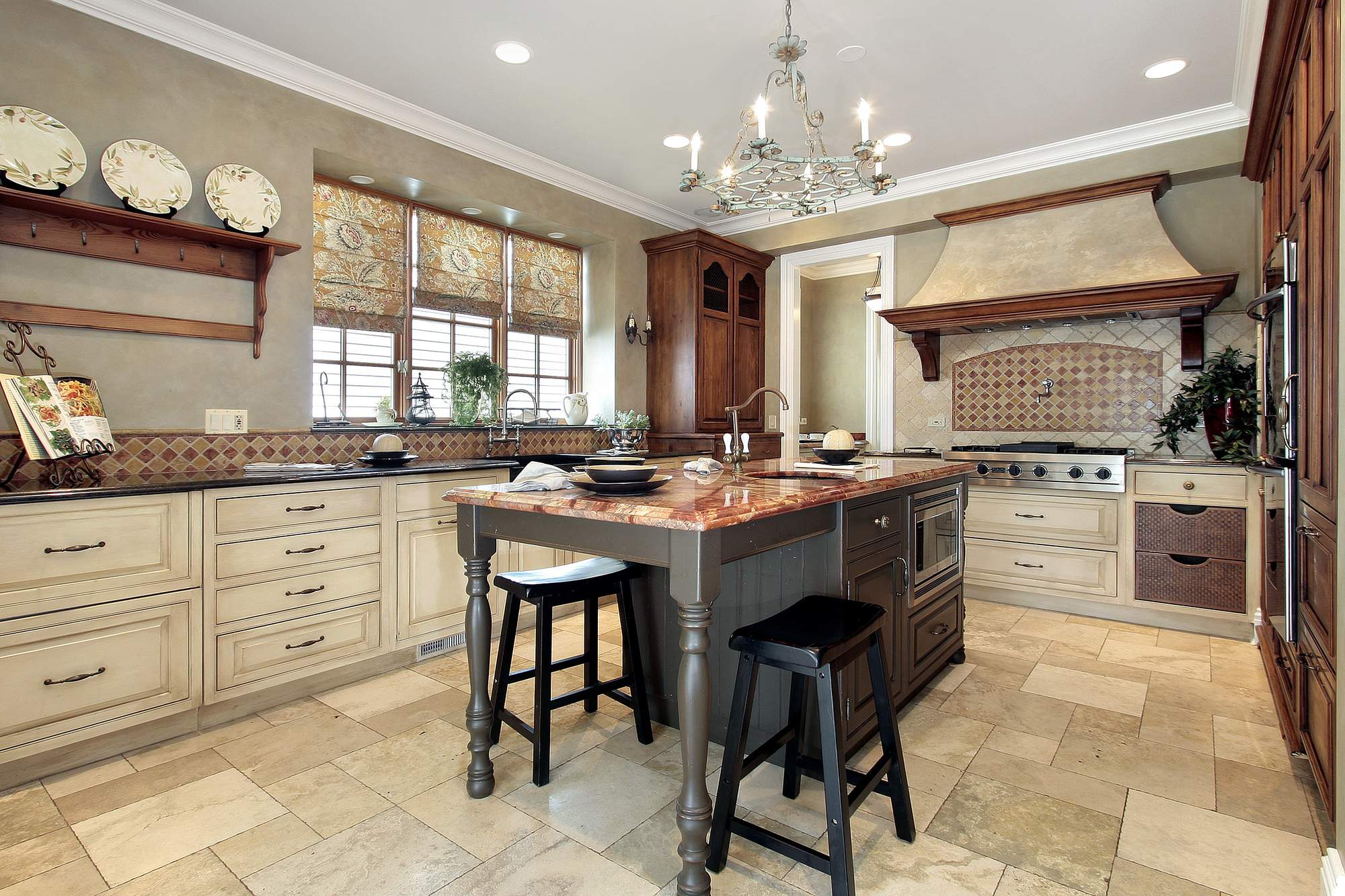
The Pros and Cons of Travertine Flooring
Are you building a new home or thinking of restoring your house? A great place to start is with the floors.
There are a plethora of luxurious types of flooring you can choose from, and in light of this, travertine may be on your radar. But before you jump into buying this kind of flooring, it’s a good idea to look at the advantages and disadvantages of travertine.
So, without any further ado, here are the pros and cons of travertine flooring so that you can make the best-informed decision for your home.
What Is Travertine Flooring?
Travertine flooring is a type of natural stone that is formed by the deposition of minerals in hot springs or in the cavities of caves. The main mineral component of travertine is calcium carbonate, which gives it a characteristic creamy white color. It has its own veining, making it a versatile flooring material.
Travertine is a popular choice for flooring because it is durable and has a classic, elegant appearance.
Travertine Flooring: The Pros and Cons
When it comes to travertine flooring, there are both pros and cons that you will want to take into consideration.
The Pros: Beauty
Travertine is a beautiful, unique material that adds value to your home. It’s also cool to the touch, which is a bonus in hot climates. It’s available in a variety of colors and patterns that have a classic look.
The Pros: Durability
Travertine is a long-lasting, durable type of stone, making it a wise investment. It is often used in architectural projects because of its beauty and durability.
The Cons: Price
Travertine can be quite expensive compared to others because it’s a softer stone than granite or marble. It might be challenging to install travertine because it is a hefty material. You need to hire a professional, which could increase your costs, to ensure it was put in the right place.
When choosing a travertine for your home, be sure to factor in the cost of a professional who can deal with travertine cleaning and sealing.
The Cons: Maintenance
Travertine can be sensitive to acidic liquids and can be scratched or etched by hard objects. Travertine is a porous material, which means it can be easily stained and it can absorb spills and dirt. It needs to be sealed regularly to prevent stains.
Travertine is a high-maintenance material, so it is important that you must be careful when cleaning travertine and use only mild, pH-neutral cleaners.
Start Your Floor Makeover
If you’re looking for a durable and elegant flooring option, travertine flooring may be the right choice for your new floors. It is also an excellent choice for those who are looking for an eco-friendly flooring option.
However, it is important to be aware of the pros and cons of travertine flooring before making a decision.
Travertine flooring can last for many years, and it is a beautiful addition to any home, but it requires some maintenance to keep it looking its best.
If you want to learn more about DIY, interior design tips, and more, then please visit the rest of our site.

